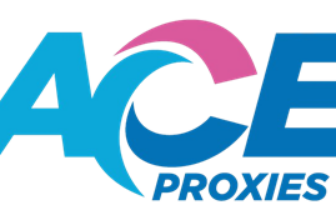
FLCleaner 3.0 & The Rise Of Web Centric Software – Does It Work?
[ad_1]
FLCleaner 3.0 is a software application designed to help ensure that programs running on Windows, Linux, MacOS, iOS and Android devices are as optimal as possible.
Whilst the system is often referred to as an "optimization" tool, it's officially called a "Stack Management" application, designed to help people determine the underlying software "stack" they are running on their device.
Its main feature is the ability to connect to a "web" interface, allowing users to manage a network of devices without having to log into them individually. This not only means that network managers are able to consider the overall health of their network, but are also able to work with individual devices remotely if necessary.
Regardless of what the system is meant to do, the big point is that it's primarily designed to provide the user with the ability to manage the speed and performance of their systems.
Due to its original intent of being designed for software houses & creative agencies, it has a heavy slant towards the resource-intensive "creative" packages including the likes of ZBrush and VRay. When using these tools, and also the likes of Visual Studio, you'll find that you need to ensure your system is running at fast and smoothly as possible.
The most important thing to consider here is that the system has been designed around a "definitions" based architecture. This means that rather than having a base set of errors / optimization profiles, it is able to continually update its definitions when new ones are released.
The advantage of this is that it gives more granular management of the various software applications on the system, but also means you're able to keep them updated without having to resort to downloading an entirely new version of the system.
Regardless of this, the question remains as to whether it's effective.
To answer this, you have to consider the underlying functionality of the software, and how it's able to work on different systems. More pertinently, its main benefit – the ability to work on a granular level with various software applications.
The main reason why the service was created was to provide a "profile" type system for software optimization. To understand how this works, you must realize that the majority of optimization solutions in existence are "hard coded" with specific instructions inside the application itself. These instructions allow the software to run smoothly, but means that in order to update it all, the whole system needs to be updated.
FLCleaner 3.0 uses the same techniques as antivirus applications – a core "scanner" system which is able to read certain "definitions" that changes its behavior as required.
This allows the system to track which applications are present in someone's "software stack" and then provide different settings as to how to keep them up to date and rid of temporary / junk files etc. By keeping this "profile" data in the central web repository – users are able to use the system on many different devices (unlike most of the other system speed-up tools).
Ultimately, if you're looking at whether someone would benefit from using the tool – you have to realize that the way it works (which is to say that it calls up user-based data from a central web service) is highly dependent on the efficiency of the central system.
[ad_2]
Source by Richard Peck



